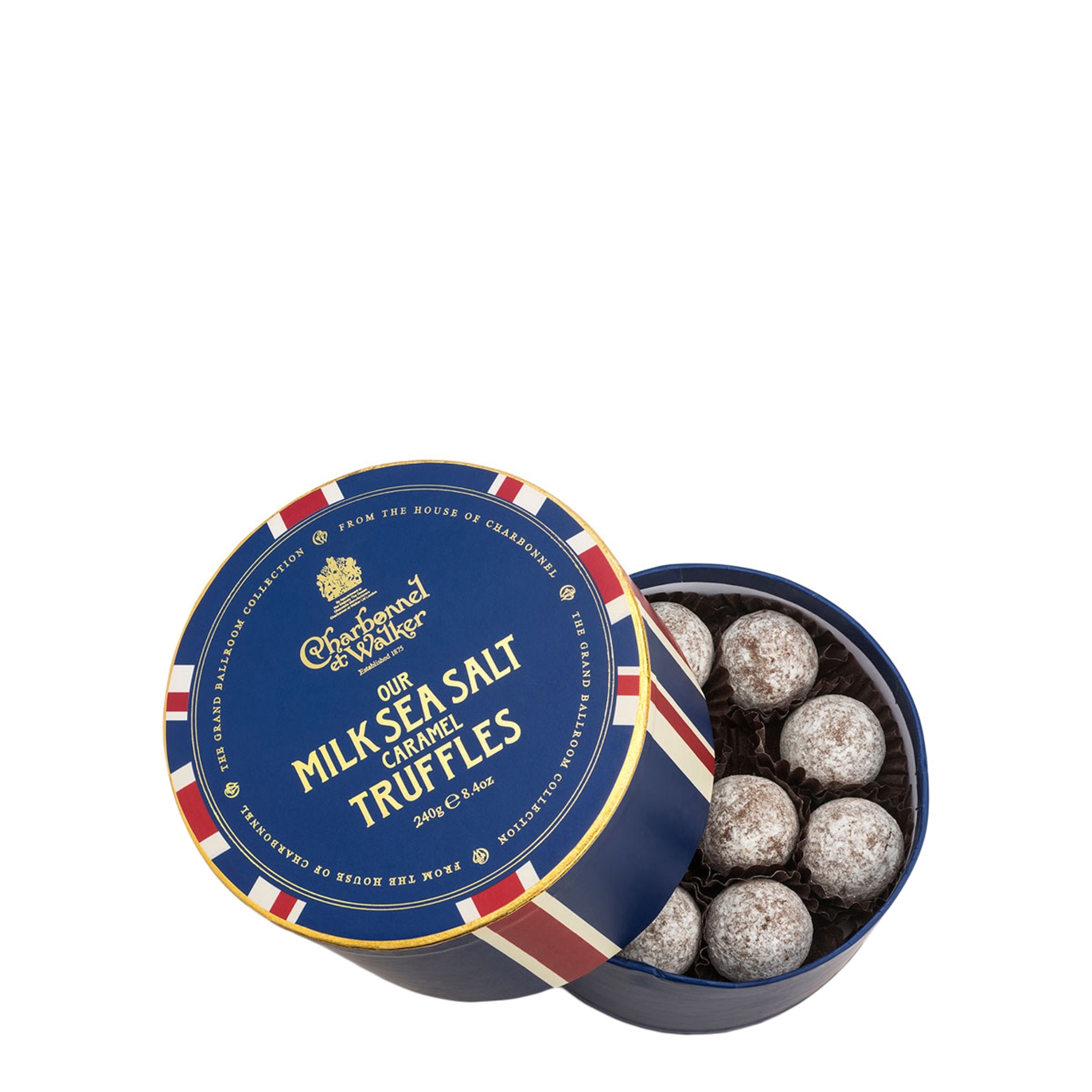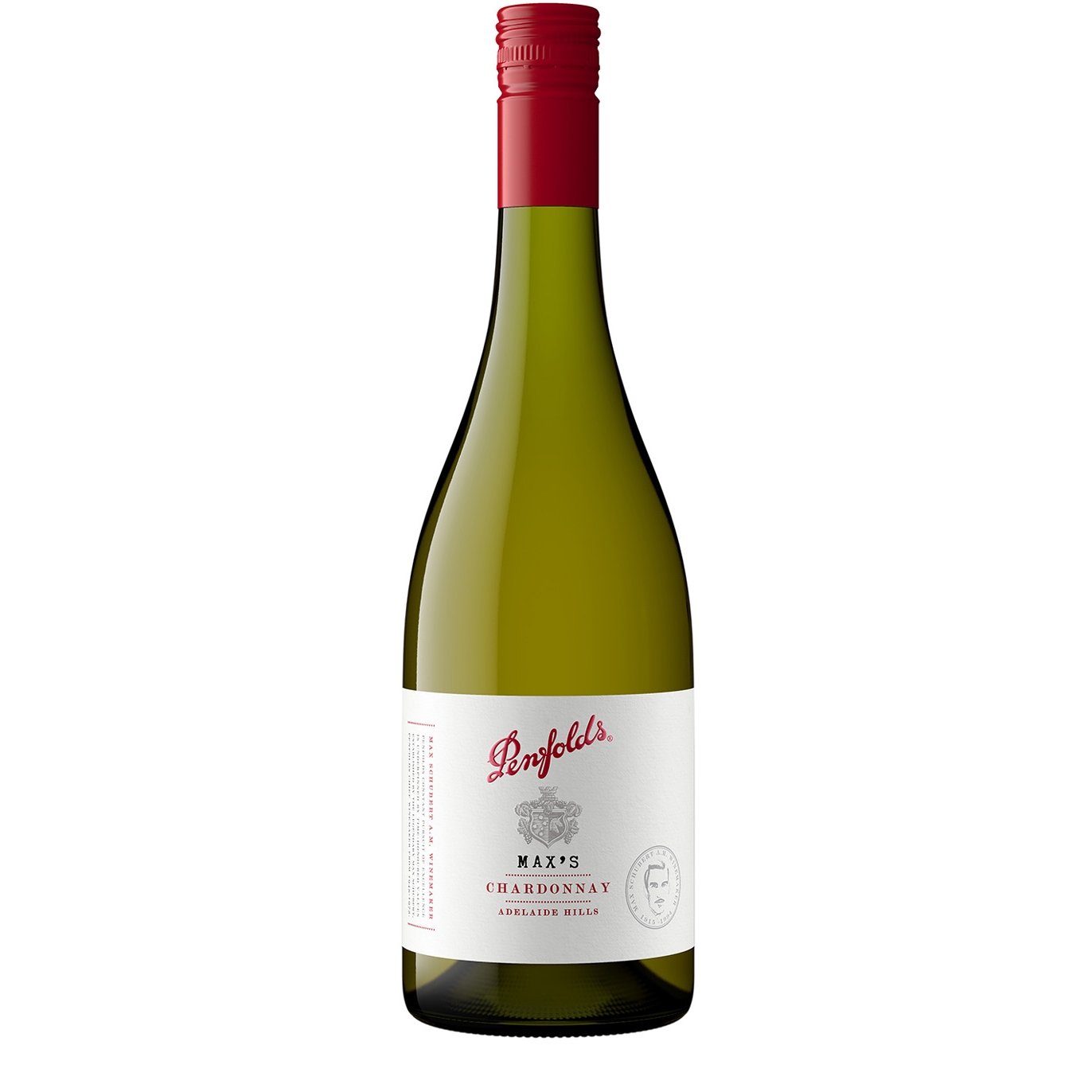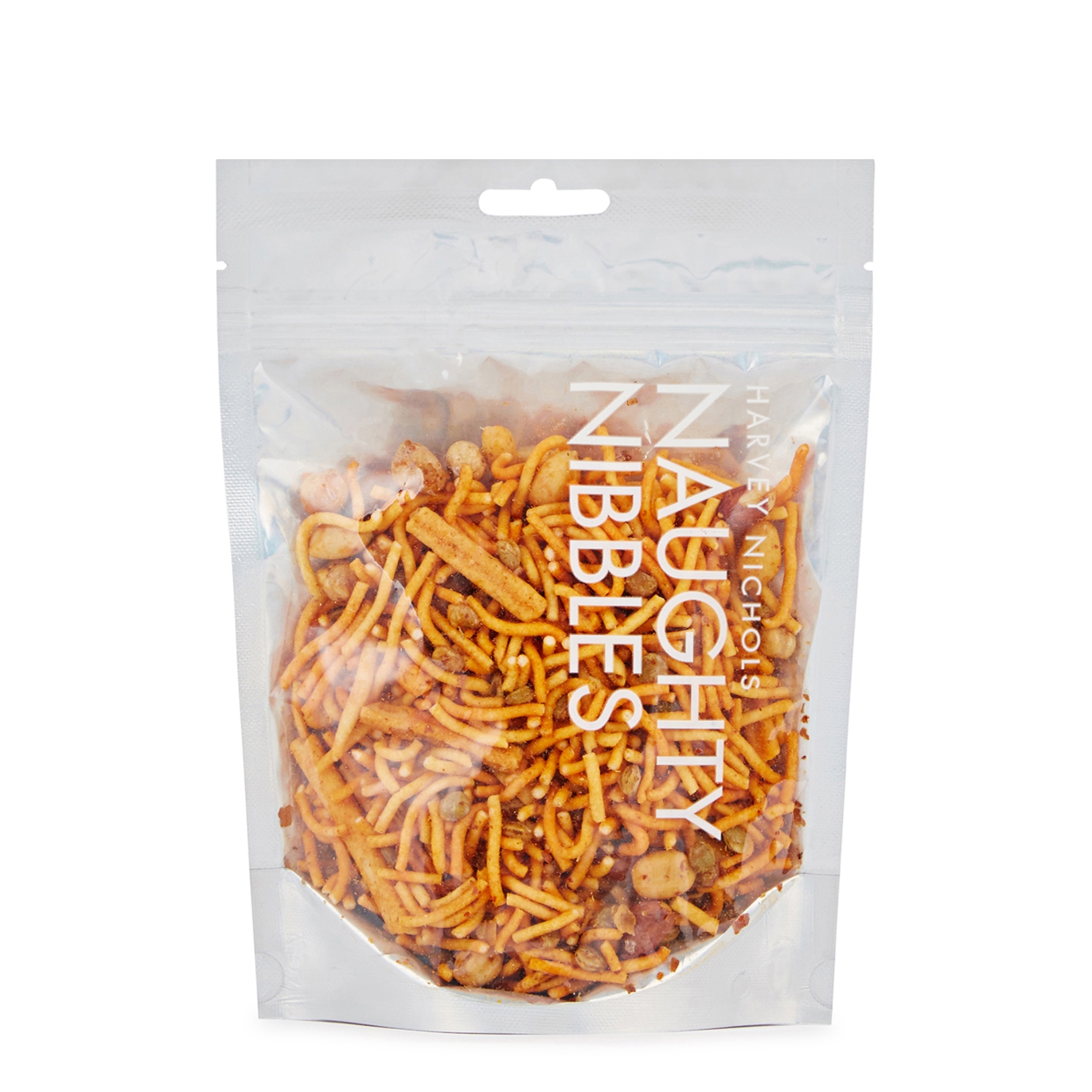
Hongxing Erguotou Red Star Baijiu 500ml
Wherever you travel in China, you will probably be told that the local Baijiu is the best. However, Erguotou Red Star is unequivocally one of the country's most popular. It's also the brand that tourists are most likely to come across because it hails from Beijing. During the Chinese Revolution of 1949, many of the old distilleries were destroyed or went out of business. Twelve former Baijiu distilleries came together to form the Hóngxing (which means'Red Star'in Mandarin) distillery, making it the first to be created in the People's Republic of China. In fact, this was the first business licence granted by the People's Republic, demonstrating just how important Baijiu is in China. As you can imagine, Erguotou Red Star therefore has a deep cultural association in the capital and across the nation. Erguotou Red Star Baijiu is made from sorghum in the'light'aroma style (find an explanation of this below). Light herbal notes are joined by crunchy green fruit, pineapple sorbet and spice in this much-loved Baijiu. To put in perspective just how popular it is, the brand sell so much that their bottling line can rattle out 30,000 bottles of Red Star per hour. So, this is the perfect way to drink like a local. Although Red Star can be sipped neat, because of its potent strength, we recommend that the uninitiated start by mixing it into cocktails. Baijiu has been China's national drink for more than five millennia and is the most-consumed hard liquor on the planet (18 billion litres are made each year). Although the West has been slow on the uptake, that's all about to change. Sales of this fascinating spirit are exploding around the world. And it's worth noting that Baijiu is as important a part of Chinese heritage as silk, tea, ceramics, martial arts and calligraphy, all of which have become very popular on these shores. The name translates as'clear spirit', and Baijiu can be distilled from sorghum, wheat, rice, sticky rice or corn. What makes it unique is two-fold. Firstly, it's an ingredient called'Qu'- bricks of damp grains left in a warm place until they grow yeasts, fungi and microorganisms - that is used to kickstart the fermentation, a little like koji for Japanese Sake. This gives Baijiu a distinctive aromatic funk, which reminds us a little of high-ester Jamaican rum. Secondly, it's the fact that Baijiu - unlike any other spirit we're aware of - is created by distilling the solids, not the liquid. Baijiu is then matured in ceramic jars; something that's becoming increasingly fashionable in the world of wine also. These breathable containers allow micro-oxygenation of the spirit and remove impurities, all without adding flavour. Again, like fine wine, production methods vary and there are strong regional variations. So, the Chinese generally classify Baijiu by its distinctive smell. The primary categories are'rice', a sweet and floral style from the south;'light', a delicate style from the north made with sorghum;'strong', the most popular style crafted using at least two grains and mud pits for fermentation; and'savoury'or'sauce', an expensive and umami style thought to resemble soy sauce. Following a similar trajectory to other strong, artisanal spirits like Mezcal, Baijiu is traditionally sipped neat, but it has recently captured the attention of cocktail aficionados and the world's finest bartenders. Baijiu now looks set to cement its status as the greatest spirit on the planet by increasing its global reach.£5 per 100.00ml
-
Harvey Nichols (Eu)
-
Hongxing
25.00 EUR
Samankaltaisia tuotteita
-
![The Fine Cheese Company Basil & Extra Virgin Olive Oil Crackers 125g]() 3.50 EURThe Fine Cheese Company Basil & Extra Virgin Olive...Harvey Nichols (Eu)
3.50 EURThe Fine Cheese Company Basil & Extra Virgin Olive...Harvey Nichols (Eu) -
![1839 Manuka Honey Manuka Honey UMF 22+ 125g]() 64.95 EUR1839 Manuka Honey Manuka Honey UMF 22+ 125gHarvey Nichols (Eu)
64.95 EUR1839 Manuka Honey Manuka Honey UMF 22+ 125gHarvey Nichols (Eu) -
![Charbonnel Et Walker Union Jack Milk Sea Salt Caramel Chocolate Truffles 240g]() 24.95 EURCharbonnel Et Walker Union Jack Milk Sea Salt Cara...Harvey Nichols (Eu)
24.95 EURCharbonnel Et Walker Union Jack Milk Sea Salt Cara...Harvey Nichols (Eu) -
![Penfolds Max's Chardonnay 2018 White Wine]() 21.00 EURPenfolds Max's Chardonnay 2018 White WineHarvey Nichols (Eu)
21.00 EURPenfolds Max's Chardonnay 2018 White WineHarvey Nichols (Eu) -
![Leeu Passant Dry Red Wine 2017 Magnum 1500ml Red Wine]() 195.00 EURLeeu Passant Dry Red Wine 2017 Magnum 1500ml Red W...Harvey Nichols (Eu)
195.00 EURLeeu Passant Dry Red Wine 2017 Magnum 1500ml Red W...Harvey Nichols (Eu) -
![Harry Potter Chocolate Frog 15g]() 5.50 EURHarry Potter Chocolate Frog 15gHarvey Nichols (Eu)
5.50 EURHarry Potter Chocolate Frog 15gHarvey Nichols (Eu) -
![Cartwright & Butler Spicy Ginger Preserve 280g]() 5.45 EURCartwright & Butler Spicy Ginger Preserve 280gHarvey Nichols (Eu)
5.45 EURCartwright & Butler Spicy Ginger Preserve 280gHarvey Nichols (Eu) -
![Harvey Nichols Bombay Dal Snack 140g]() 4.95 EURHarvey Nichols Bombay Dal Snack 140gHarvey Nichols (Eu)
4.95 EURHarvey Nichols Bombay Dal Snack 140gHarvey Nichols (Eu)







